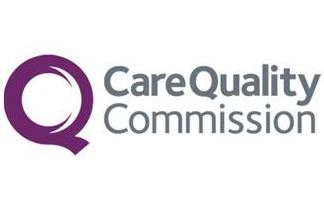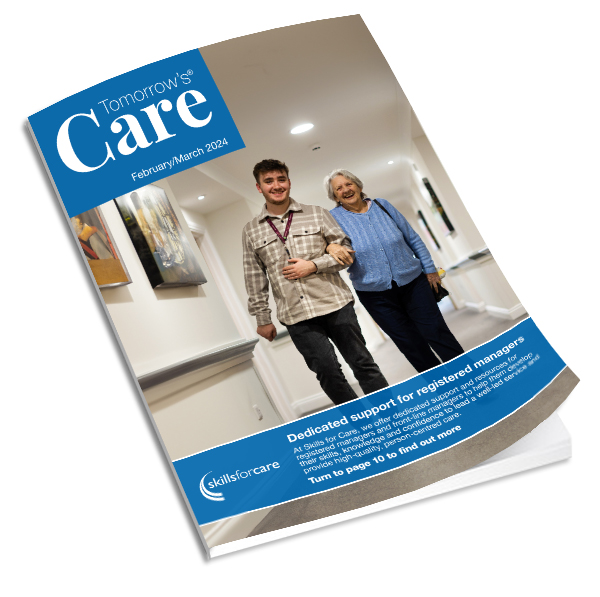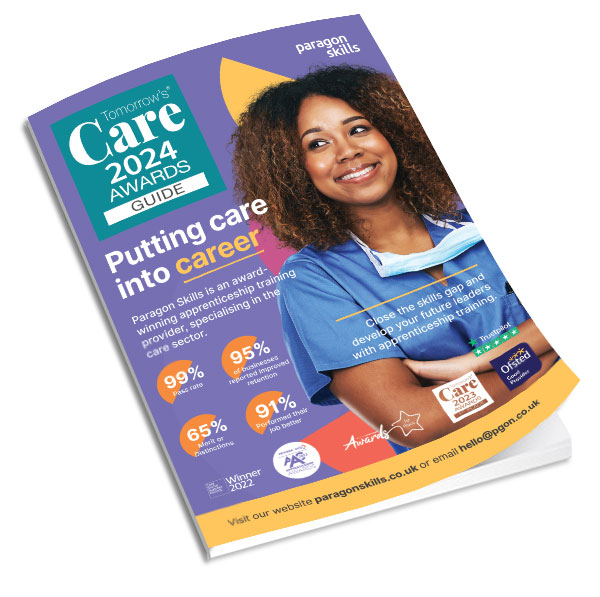You are here
- Home
- >
- CQC Restraint
CQC welcomes restraint publication

Published on 28/06/2014
The Care Quality Commission has welcomed a policy paper on the use of restraint in care by the Department of Health (DH). The document provides a framework for adult health and social care services to develop a culture where restrictive interventions are only ever used as a last resort. Restrictive interventions include a range of different approaches that limit an individual’s movement, liberty and/or freedom to act independently.
A previous report by the DH in 2013 into physical restraint showed that restrictive interventions have not always been used only as a last resort in health and care. They have even been used to inflict pain, humiliate or punish. Restrictive interventions are often a major contribution to delaying recovery, and have been linked with causing serious trauma, both physical and psychological, to people who use services and staff. These interventions have been used too much, for too long and we must change this.
Commenting on the Department of Health guidance, Dr Paul Lelliott, Deputy Chief inspector of Hospitals (lead for mental health), said: “This guidance is an important contribution to ensuring that people with mental health problems receive services that are compassionate and caring. Positive relations should be the basis of good, safe care and the use of restraint should always be a last resort. CQC’s work has shown that people who provide care services too often lack a proper understanding of when or how restraint should be used. This new guidance from the Department of Health is an important step in improving that understanding. CQC is working with the NHS Confederation to develop supplementary guidance explaining how we will interpret and apply the new DH guidance and explaining the implications for organisations.”
Categories
- CQC ratings
- Care home news
- Care jobs
- Care planning
- Care sector awards
- Care sector events
- Care sector news
- Care staff
- Charity
- Cleaning & Hygiene
- Construction
- Dementia
- Disability
- Entertainment
- Finance
- Fitness
- Food & Drink
- Fundraising
- Furniture
- Health & Safety
- Healthcare
- Hospice & Palliative Care
- Hospitals
- Industry Comment
- Interiors
- Laundry
- Legal
- Leisure
- Medication
- Mental Health
- Mobility
- New appointments
- PPE
- Products
- Property
- Recruitment
- Relationships
- Research
- Safeguarding
- Security
- Services
- Social care
- Sustainability
- Technology
- Training
- Transport
- Uniforms
- Waste
- Wearables

















